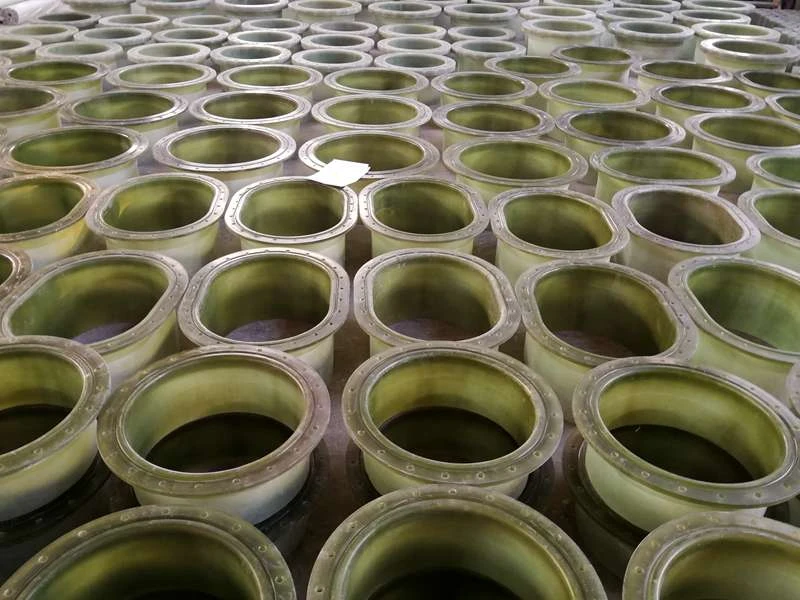
-
 Afrikaans
Afrikaans -
 Albanian
Albanian -
 Amharic
Amharic -
 Arabic
Arabic -
 Armenian
Armenian -
 Azerbaijani
Azerbaijani -
 Basque
Basque -
 Belarusian
Belarusian -
 Bengali
Bengali -
 Bosnian
Bosnian -
 Bulgarian
Bulgarian -
 Catalan
Catalan -
 Cebuano
Cebuano -
 China
China -
 China (Taiwan)
China (Taiwan) -
 Corsican
Corsican -
 Croatian
Croatian -
 Czech
Czech -
 Danish
Danish -
 Dutch
Dutch -
 English
English -
 Esperanto
Esperanto -
 Estonian
Estonian -
 Finnish
Finnish -
 French
French -
 Frisian
Frisian -
 Galician
Galician -
 Georgian
Georgian -
 German
German -
 Greek
Greek -
 Gujarati
Gujarati -
 Haitian Creole
Haitian Creole -
 hausa
hausa -
 hawaiian
hawaiian -
 Hebrew
Hebrew -
 Hindi
Hindi -
 Miao
Miao -
 Hungarian
Hungarian -
 Icelandic
Icelandic -
 igbo
igbo -
 Indonesian
Indonesian -
 irish
irish -
 Italian
Italian -
 Japanese
Japanese -
 Javanese
Javanese -
 Kannada
Kannada -
 kazakh
kazakh -
 Khmer
Khmer -
 Rwandese
Rwandese -
 Korean
Korean -
 Kurdish
Kurdish -
 Kyrgyz
Kyrgyz -
 Lao
Lao -
 Latin
Latin -
 Latvian
Latvian -
 Lithuanian
Lithuanian -
 Luxembourgish
Luxembourgish -
 Macedonian
Macedonian -
 Malgashi
Malgashi -
 Malay
Malay -
 Malayalam
Malayalam -
 Maltese
Maltese -
 Maori
Maori -
 Marathi
Marathi -
 Mongolian
Mongolian -
 Myanmar
Myanmar -
 Nepali
Nepali -
 Norwegian
Norwegian -
 Norwegian
Norwegian -
 Occitan
Occitan -
 Pashto
Pashto -
 Persian
Persian -
 Polish
Polish -
 Portuguese
Portuguese -
 Punjabi
Punjabi -
 Romanian
Romanian -
 Russian
Russian -
 Samoan
Samoan -
 Scottish Gaelic
Scottish Gaelic -
 Serbian
Serbian -
 Sesotho
Sesotho -
 Shona
Shona -
 Sindhi
Sindhi -
 Sinhala
Sinhala -
 Slovak
Slovak -
 Slovenian
Slovenian -
 Somali
Somali -
 Spanish
Spanish -
 Sundanese
Sundanese -
 Swahili
Swahili -
 Swedish
Swedish -
 Tagalog
Tagalog -
 Tajik
Tajik -
 Tamil
Tamil -
 Tatar
Tatar -
 Telugu
Telugu -
 Thai
Thai -
 Turkish
Turkish -
 Turkmen
Turkmen -
 Ukrainian
Ukrainian -
 Urdu
Urdu -
 Uighur
Uighur -
 Uzbek
Uzbek -
 Vietnamese
Vietnamese -
 Welsh
Welsh -
 Bantu
Bantu -
 Yiddish
Yiddish -
 Yoruba
Yoruba -
 Zulu
Zulu
Innovative Applications and Benefits of Fiberglass Chemical Products in Modern Industries
Fiberglass Chemical Products An Overview of Their Importance and Applications
Fiberglass chemical products have become an essential component in a myriad of industries, primarily due to their unique properties such as strength, durability, and corrosion resistance. These products are derived from a composite material made of glass fibers embedded within a resin matrix. The combination of these two elements results in a lightweight yet incredibly strong material that has found applications in construction, automotive, aerospace, marine, and many other sectors.
Understanding Fiberglass
Fiberglass, or glass-reinforced plastic (GRP), is created by weaving glass fibers together and then saturating this fabric with a resin. The resin serves as a binding agent that hardens when cured, providing a solid structure. Common resin types include polyester, vinyl ester, and epoxy, each bringing its own set of benefits depending on the intended application. The glass fibers themselves offer excellent tensile strength, making fiberglass significantly stronger than its weight would suggest.
Key Properties of Fiberglass Chemical Products
1. Strength and Durability Due to the high tensile strength provided by the glass fibers, fiberglass products can withstand significant stress and strain, making them ideal for applications that require high durability.
2. Corrosion Resistance Fiberglass does not corrode like metals, making it suitable for use in corrosive environments, such as chemical plants and coastal structures.
3. Lightweight Compared to metals, fiberglass is much lighter, which leads to lower transportation and installation costs in various construction and manufacturing applications.
4. Thermal Insulation Fiberglass provides excellent thermal insulation, making it a popular choice in applications where temperature control is essential.
fiberglass chemical product

Applications of Fiberglass Chemical Products
1. Construction Fiberglass is widely used in construction materials such as roofing, wall panels, and insulation. Its corrosion resistance and durability make it an optimal choice for both residential and commercial buildings.
2. Automotive The automotive industry utilizes fiberglass for parts like body panels, hoods, and spoilers due to its lightweight nature, which contributes to fuel efficiency without compromising safety.
3. Aerospace In aerospace applications, fiberglass is used in aircraft components and interiors. Its light weight and strong properties contribute significantly to overall design efficiency and performance.
4. Marine Fiberglass is a popular material for boat hulls and other marine applications owing to its waterproof nature and ability to withstand harsh marine environments.
5. Consumer Products Many everyday consumer products, such as bathroom fixtures, furniture, and sporting goods, are made from fiberglass due to its versatility and aesthetic potential.
Environmental Considerations
While fiberglass chemical products offer numerous benefits, it is important to address environmental concerns associated with their production and disposal. The manufacturing process can generate waste and require energy, and because fiberglass is not biodegradable, its disposal raises issues in terms of environmental impact. However, advancements in recycling technologies are helping to mitigate these concerns. Companies are exploring ways to recycle fiberglass materials into new products, reducing waste and improving sustainability.
Conclusion
In summary, fiberglass chemical products are a cornerstone of modern industry, demonstrating remarkable versatility and utility across various sectors. Their unique combination of strength, lightweight properties, and resistance to corrosion makes them invaluable in many applications. As industries continue to seek innovative materials that balance performance with sustainability, fiberglass will undoubtedly remain a key player in achieving these objectives. With ongoing advancements in production methods and recycling technologies, the future of fiberglass looks promising, ensuring its continued relevance in a rapidly changing world.









